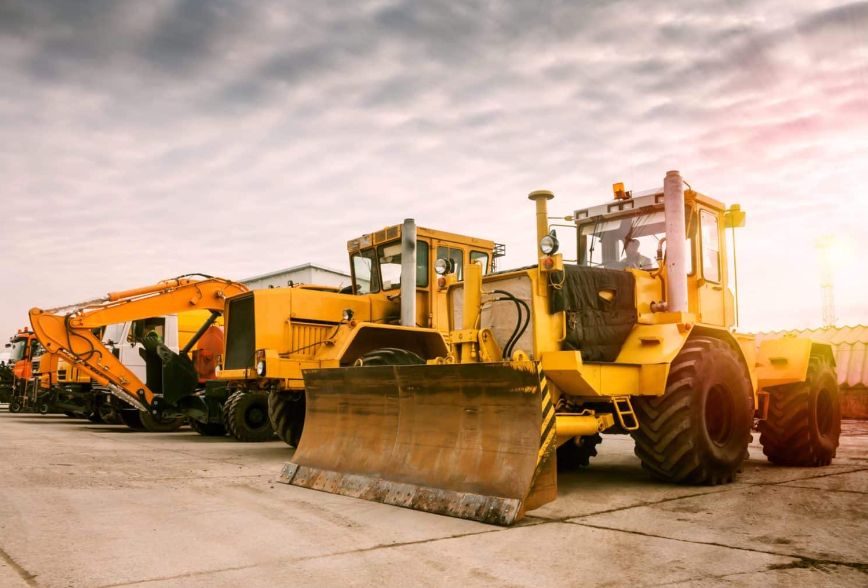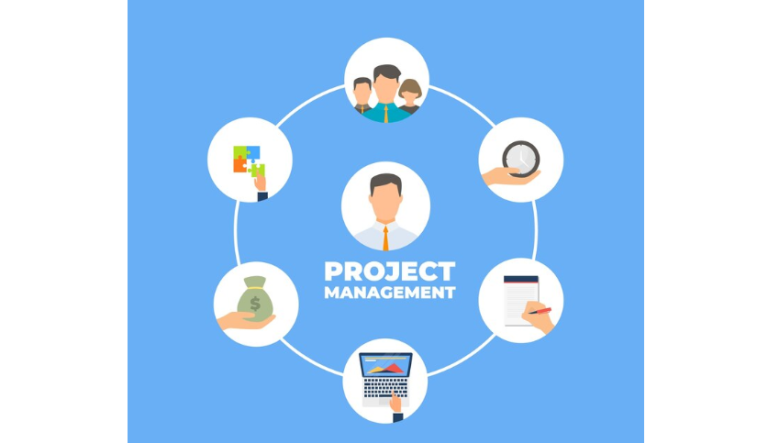The Art of Selling Industrial Equipment: A Comprehensive Guide
Introduction
In the world of business and manufacturing, the sale of industrial equipment is a complex and strategic endeavor. Whether you’re a manufacturer looking to upgrade machinery or a business owner with surplus equipment, selling industrial equipment requires careful planning and execution. In this article, we will explore the key considerations and steps involved in selling industrial equipment successfully.
Assessing Your Equipment
Before diving into the selling process, it’s essential to assess the industrial equipment you intend to sell. This assessment should include:
- Condition: Determine the current condition of the equipment. Is it in excellent working condition, does it require repairs, or is it in need of refurbishment?
- Age: Consider the age of the equipment. Older equipment may have a smaller market, while newer models are generally more desirable.
- Market Demand: Research the current demand for your type of equipment in the market. Are there businesses or industries actively seeking this equipment?
- Documentation: Ensure that you have all the necessary documentation, including manuals, maintenance records, and any certifications that prove the equipment’s compliance with safety and environmental regulations.
Setting the Right Price
Determining the appropriate price for your industrial equipment is crucial. Factors to consider include:
- Market Value: Research the market to understand the current value of similar equipment. Online marketplaces, industry publications, and equipment valuation services can provide valuable insights.
- Condition: Adjust the price based on the condition of the equipment. Well-maintained and fully operational machinery typically commands a higher price.
- Depreciation: Take into account the equipment’s depreciation over time. Consider its age, usage, and technological advancements in the industry.
- Additional Value: Highlight any unique features or additional value your equipment offers, which can justify a higher price.
Marketing Your Equipment
To attract potential buyers, effective marketing is essential. Strategies include:
- Online Listings: Utilize online platforms and marketplaces dedicated to industrial equipment sales. Include high-quality photos, detailed descriptions, and accurate specifications.
- Industry Publications: Advertise your equipment in industry-specific magazines, newspapers, and websites where potential buyers are likely to search.
- Social Media: Leverage social media platforms to promote your equipment. Join relevant industry groups and forums to connect with potential buyers.
- Networking: Tap into your professional network and industry contacts to spread the word about your equipment.
Negotiating and Closing the Deal
Once you’ve attracted potential buyers, the negotiation process begins:
- Transparency: Be transparent about the equipment’s condition, history, and any maintenance or repair work that has been done.
- Price Negotiation: Be open to negotiation but have a bottom line in mind. Consider factors like payment terms, delivery, and warranties.
- Documentation: Ensure all necessary paperwork is in order, including a bill of sale, warranty information, and any transfer of ownership documents.
- Payment: Determine the payment method and timeline for receiving payment. Escrow services can provide security for both parties.
- Logistics: Arrange for the transportation and delivery of the equipment, taking into account any dismantling, packaging, or shipping requirements.
Post-Sale Considerations
After completing the sale, there are a few additional steps to take:
- Documentation: Provide the buyer with all relevant documentation, including manuals, maintenance records, and invoices.
- Feedback: Gather feedback from the buyer to assess their satisfaction with the equipment and the transaction process.
- Customer Service: Offer post-sale customer support to address any questions or issues the buyer may encounter.
- Legalities: Ensure that you comply with all legal and tax obligations related to the sale of industrial equipment.
Conclusion
Selling industrial equipment is a multifaceted process that demands careful planning, pricing, marketing, negotiation, and post-sale diligence. By following these steps and considering the specific characteristics of your equipment and market, you can maximize the chances of a successful sale while ensuring a positive experience for both you and the buyer. Whether you’re looking to upgrade your machinery or simply clear out surplus equipment, effective selling can contribute significantly to your business’s success.






